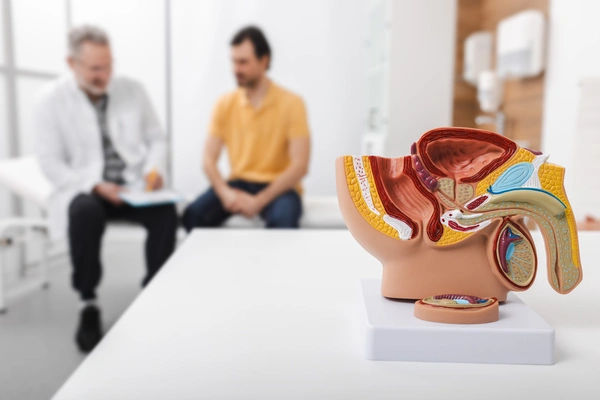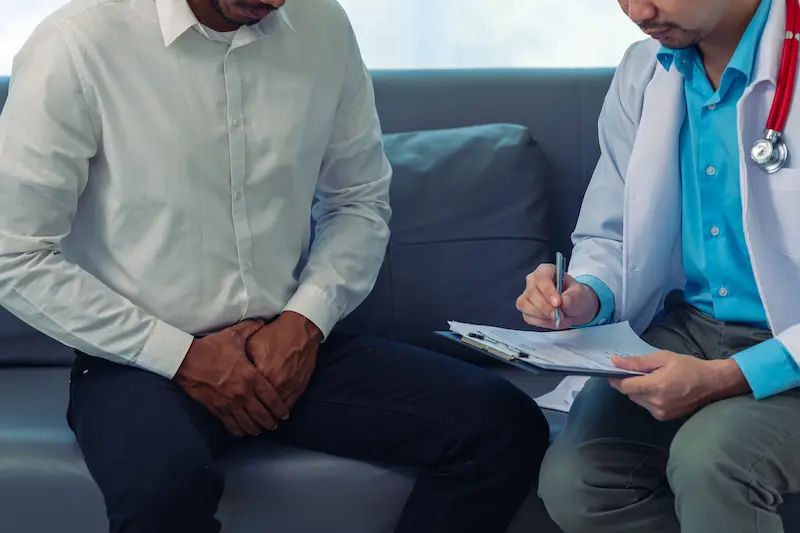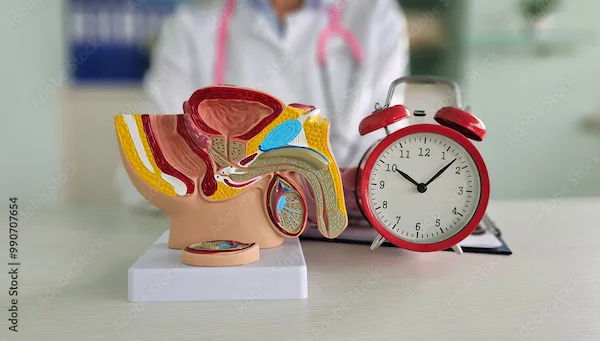- Male
- 20 Years
- 22/01/2025
I'm really concerned about my penis size. It's quite small, and I'm looking for ways to increase both its size and breadth naturally. I want to do this without surgery but also stay healthy. Can you guide me on how I can achieve this?
Answered by 1 Apollo Doctors
It's important to note that most methods claiming to increase penis size are not proven to be effective. Focus on maintaining overall health through regular exercise, a balanced diet, and managing stress, as these can improve blood circulation and sexual health. If you're concerned, consider consulting a healthcare provider to discuss any safe options.
Dr. Mubarak Suggests...
Consult a Urologist
Answered 04/07/2025
0
0

More Urology Health Queries
View allMy father was just diagnosed with 179cc prostate and had a sudden urine blockage so they put in a catheter. Can this be treated with medication or will he need surgery?
With a large prostate (179cc) and sudden urinary blockage, treatment for your father will likely involve a combination of medication and potentially surgery. While medication, like alpha-blockers, can help relax muscles in the urinary tract and improve urine flow, the size of the prostate and the sudden blockage suggest surgery might be necessary
Answered by 1 Apollo Doctors
I'm planning to get varicocele surgery but want to freeze my sperm as a backup just in case something goes wrong. I know the surgery might improve sperm count but I'd rather be safe. Can you tell me about the process, time, and cost for sperm freezing in Delhi?
A detailed evaluation will help decide the best course of action.
Answered by 1 Apollo Doctors
I've noticed there's blood in my semen and it's got me a bit worried. I did a urine culture, semen analysis, and semen culture; everything came back negative except they found pus cells between 20 to 25 in the semen analysis. Is this something I should be concerned about, like an infection, or is it something normal?
Pus cells found in semen analysis indicate the presence of infection. To treat this infection, you can take antibiotics such as Ciprofloxacin or Levofloxacin. It is important to complete the full course of antibiotics as prescribed by your healthcare provider.
Answered by 1 Apollo Doctors
Disclaimer: Answers on Apollo 247 are not intended to replace your doctor advice. Always seek help of a professional doctor in case of an medical emergency or ailment.





